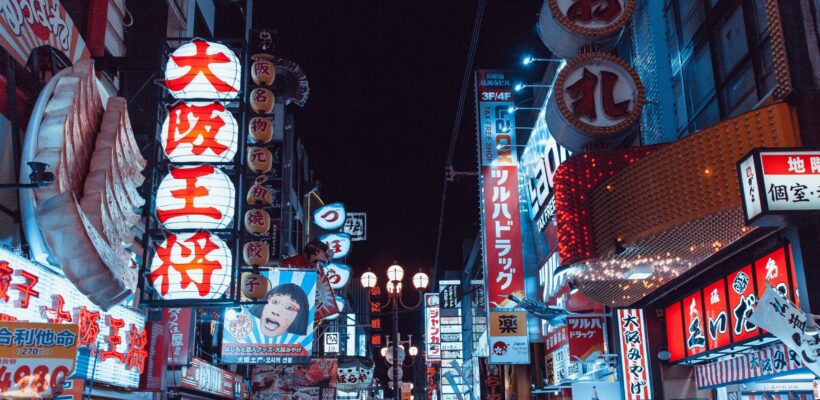Are you familiar with the requirements for exporting to Japan? Without a doubt, the products fabricated in Spain are very attractive for the country of Japan. In fact, all aspects of our culture are met with great interest, and many companies can find an international market there in which to consolidate their presence. This formerly highly hermetic Asian country is experiencing a growing interest in everything the West has to offer it. If you want to get in on this market, in this post we explain how you can do so.
Exporting olive oil to Japan
Let’s begin with a prime Spanish product that can serve as a great example to demonstrate the entire process that needs to be undertaken: olive oil. Spain’s gastronomy is a flagship of the country at an international level, and olive oil is one of the star products. But what do you need to do to sell it in Japan?
1. Hygiene inspections
The country of origin (in this case Spain) must certify that the product it is offering meets all the current regulations regarding hygiene and health. The Japanese are especially meticulous in this regard, which is why they have a high level of standards that must be satisfied. With this in mind, you have to make sure that all of the requirements are met at each point of manufacture or transport of your products and, moreover, substantiate it with the relevant documentation.
2. Good-quality raw materials
This aspect is fundamental in the case of food products, although all products have to go through similar procedures. The idea is to guarantee the origin, the treatment and the sanitary conditions of the ingredients used. Once again, this constitutes significant paperwork, but it will be very useful in order for you to streamline the whole process in Japan and attest to the transparency of your company.
The more reserved character of Japanese society is also reflected in its way of doing business, which is very conservative and culturally unique. In this context, justifying everything you are selling in detail will work in your favor.
3. Don’t use prohibited elements
Just as there are American products that cannot be sold in Europe, there are other goods that, whether it be due to the use of pesticides or chemicals, are not legal in Japan. Therefore, keep in mind that you must properly justify all the chemical elements used in your products with the necessary documentation.
4. Ensure you have JAS certification
The abbreviation JAS (Japanese Agricultural Standard) refers to a document with which you accredit that your products are in full compliance with the Japanese criteria for sustainable agriculture.
How to prepare commercial agreements with companies
Internationalizing your company in Japan is not that different from doing so in any other country on the Asian continent. You’ll have to carry out market research, get in contact with distributors and set a series of prices that are competitive and that can guarantee an opening via which you can access a specific audience in this market. Having said that, there are several factors that are of crucial importance.
Adapt to their way of doing business
In Japan, meeting face-to-face is a key factor when it comes to closing deals. Accordingly, aim to maintain liaisons by having people who can visit frequently to speak to distributors, forge alliances and carve out a niche in the market. Keep in mind that their business culture is highly sacrificial and features a strong in-person component. If you want your project to succeed, you’ll need to respect these types of customs.
Understand the cultural leap
Obviously, there’s no point in considering selling in Japan if you haven’t first thoroughly analyzed the impact of your product on their culture. If you attempt to introduce elements that are more or less familiar, you’ll face fewer problems. But even then, it is necessary to carry out investigative work. Don’t forget that your style of communicating your brand and contacting your audience will be completely different. This is something that must be included in your sales strategy in Japan.
The need for a reliable bilingual team
Lastly, for all the procedures, paperwork, meetings and emails, it is essential to be able to rely on a trained team that can translate all the necessary documentation from Spanish to Japanese. Only translators with a native level in both languages will be capable of correctly completing all the requirements and certificates required by Japanese bureaucracy. In this way, your company will be more transparent and your possibilities of succeeding will multiply.
When it comes to doing international business, a professional translation team will guarantee that the communication is appropriate. If, for example, you wanted to sell from France or Germany, you should also use a team capable of translating from French to Japanese or from German to Japanese.
Now that you’re aware of the requirements for exporting to Japan, all that’s left is to choose a professional translation company. At Blarlo, you’ll find translators with a native level in both languages. Contact us!






